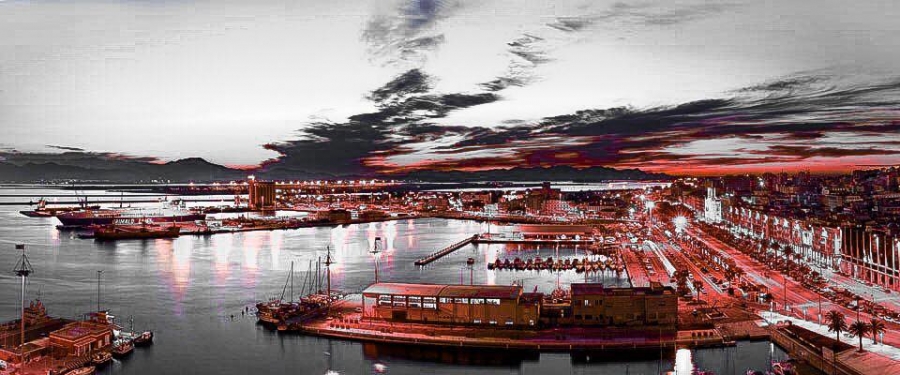The Economic assessment of management reform in european seaports is the theme of the latest port study by PortEconomics associate member Patrick Verhoeven – now available to be downloaded via PortEconomics
 Combining expertise of port authorities role in European ports and of the changes in port governance over the last decades, Patirck’s thesis argues that independent management optimises the possibilities for port authorities to contribute to the competitiveness of their ports. It increases their ability to invest, by having more autonomy over their own revenue sources, attracting new share capital and having better access to private funding. It also enables far-reaching forms of cooperation with other port authorities, in order to widen their influence over logistics chains.
Combining expertise of port authorities role in European ports and of the changes in port governance over the last decades, Patirck’s thesis argues that independent management optimises the possibilities for port authorities to contribute to the competitiveness of their ports. It increases their ability to invest, by having more autonomy over their own revenue sources, attracting new share capital and having better access to private funding. It also enables far-reaching forms of cooperation with other port authorities, in order to widen their influence over logistics chains.
Corporatisation, whereby governments remain shareholders, is the more suitable reform option for the management of multi-purpose gateway ports that operate in a landlord configuration. Successful corporatisation however implies more than just changing legal status. A genuine corporate culture must be introduced, whereby supervisory board and management act in the interest of the company. Post-reform governance, including regulatory oversight, should not be neglected.
The drive for further port management reform in Europe should be a bottom-up process, but there is also a role for the European Union. Port authorities and governments should share the objective that reform is to improve competitiveness of ports. This will not just serve the ports concerned, but the European port system as a whole. This is why the European Union should be an objective ally that helps keeping port management reform processes on track. The continued stalling of a clear regulatory framework regarding the application of competition and internal market rules is therefore in no-one’s interest.
In addition to exploring the future scope for port management reform in Europe, the study of Patrick revisits the role of port authorities, identifies trends in port management and governance and assesses the economic impact of port management reform. This is done through a review of literature, empirical evidence drawn from European seaports and an assessment of EU policy initiatives.
The study – in the format of a PhD thesis – provides a comprehensive analytical framework to measure the economic impact of port management reform and to identify influential process factors.
Download and read Patrick’s most interesting thesis @PortEconomics.eu.











